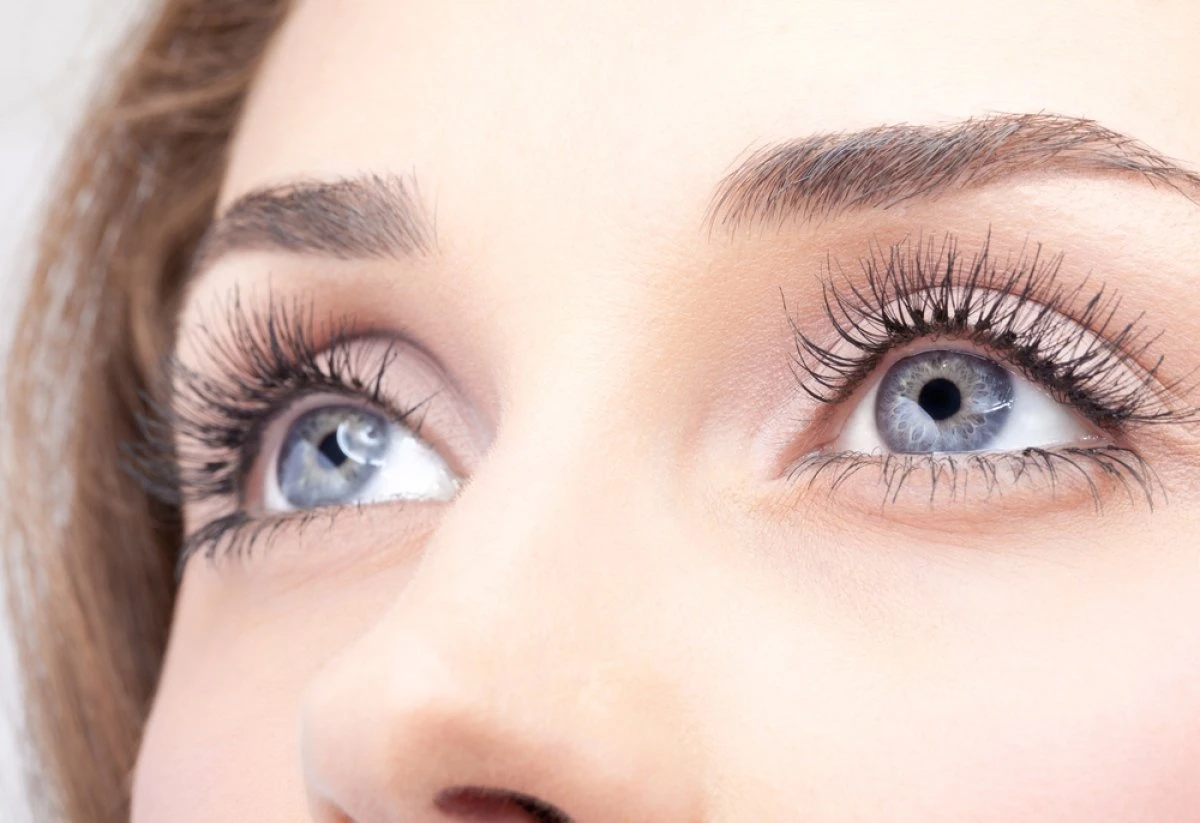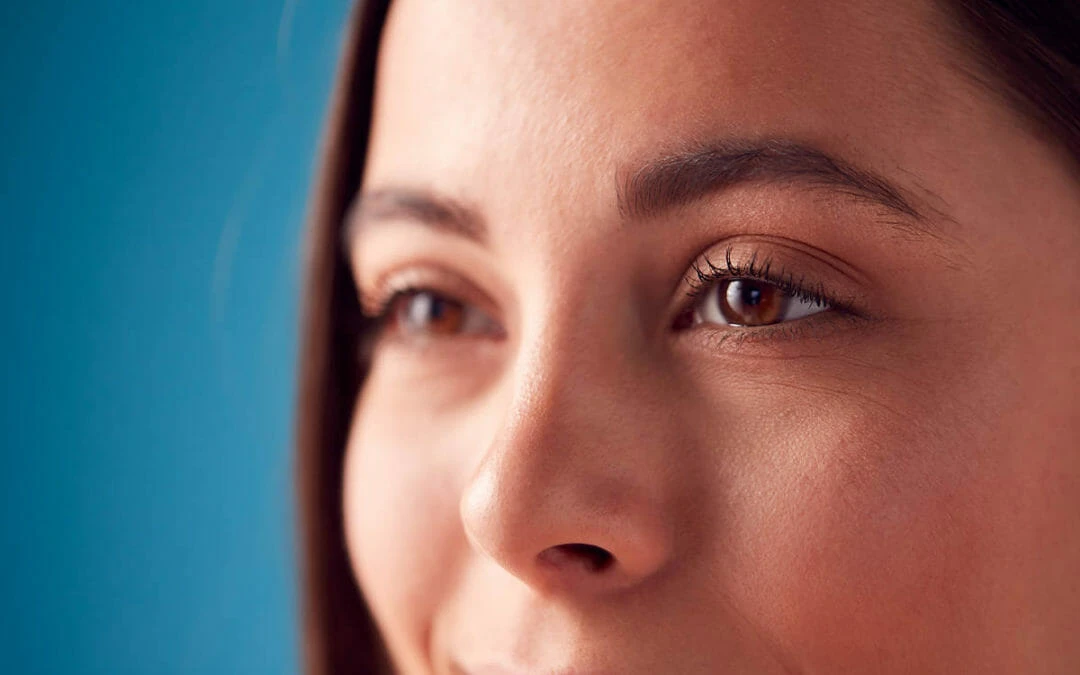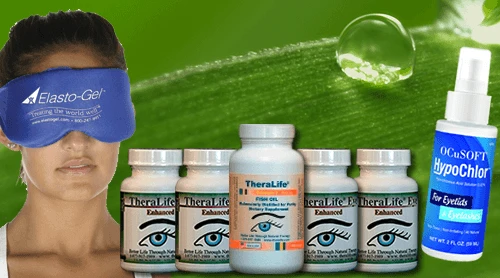Dry eyes can get worse during winter due the seasonal changes. Since less moisture is present in the air, your eyes will be less comfortable. Although you may wish to keep your home humid, it is not always possible. There are ways to prevent this condition from happening. If your home is too humid, limit your time in the house and avoid staring at the screen for long periods.

Hydrating to Prevent Dry Eyes
First of all, make sure to get plenty of water. Dry air can cause tear ducts to become partially blocked. This can lead to oedema or inflammation. Eat foods rich in Omega-3 and vitamin-rich fatty acids to reduce inflammation. Avoid drinking coffee as it can cause inflammation. Caffeine has a diuretic effect so avoid excessive consumption. You should drink plenty water if you have dry-eye symptoms.
In-home Heating Causes Dry Eyes
You can also reduce heating system use to avoid dryness in the winter. The lower the temperature, you have less moisture available for your eyes. If possible, layer more and use direct heat sources. This will reduce heating costs. If you’re unable to reduce your dependence on radiators, you can also utilize heated seats. It is also a good idea to make an appointment with your eye doctor to get an examination to prevent dry eye during the winter months.
Other Treatments for Dry Eyes
Ointments can also be used to protect your eyes against winter dryness. You can buy ointments at any drugstore or convenience store. These ointments are often labeled “PM” and can be used at night to prevent blurry eyes. An indoor humidifier is also a good investment to increase the humidity level. A humidifier is a great option to bring back the moisture in the air.
To protect your eyes from the cold, you should also use sunglasses. They can prevent dry eyes, as well as glaucoma, which can be uncomfortable. You should also wear athletic goggles or a visor if you are outside. If you experience dry or irritated eyes at night, consult your doctor to get the right treatment. These tips will help you manage dry eye symptoms in winter.
While cold weather can be an inevitable part of winter, it is also a problem. Dry eyes can be more common in winter for those with chronic allergies and those who wear contact lenses. There are many options to help this problem. You can begin by eating more fish. If you can’t find these foods, consider taking a supplement. This will keep your eyelids moist.
In winter, keeping your eyes moist can help prevent dry eyes. It is essential to stay hydrated. Your eyes can dry quickly so make sure you stay hydrated. Avoiding direct sunlight is the best way to avoid dry eyes in winter. You should avoid sunlight, and you should avoid wearing glasses in the winter. If you have a prescription to lubricant it may be able to help reduce the dryness in the corneas.
Dry eyes can often be treated in several ways. To relieve symptoms, you can try home remedies. If you don’t have a prescription, an eye care professional can help you. They can prescribe stronger ointments and eye drops. In some cases, punctal plugs can help restore moisture to your eyes. Dryness can occur in winter due to low humidity or wind. Indoor heating systems can also contribute to dryness. If you are experiencing these symptoms for a prolonged period of time, consult your doctor immediately.
The harsh winter weather is the worst time to wear contacts. Contact lens wearers can feel the effects much more than others. If you have symptoms that are severe or chronic, consult your doctor. Here are some tips to help combat dry eye during winter. Contacts should be checked if you have dry eyes. These will help prevent dry eyes and make them more comfortable. Prescription eye drops can also be recommended by an optometrist.




